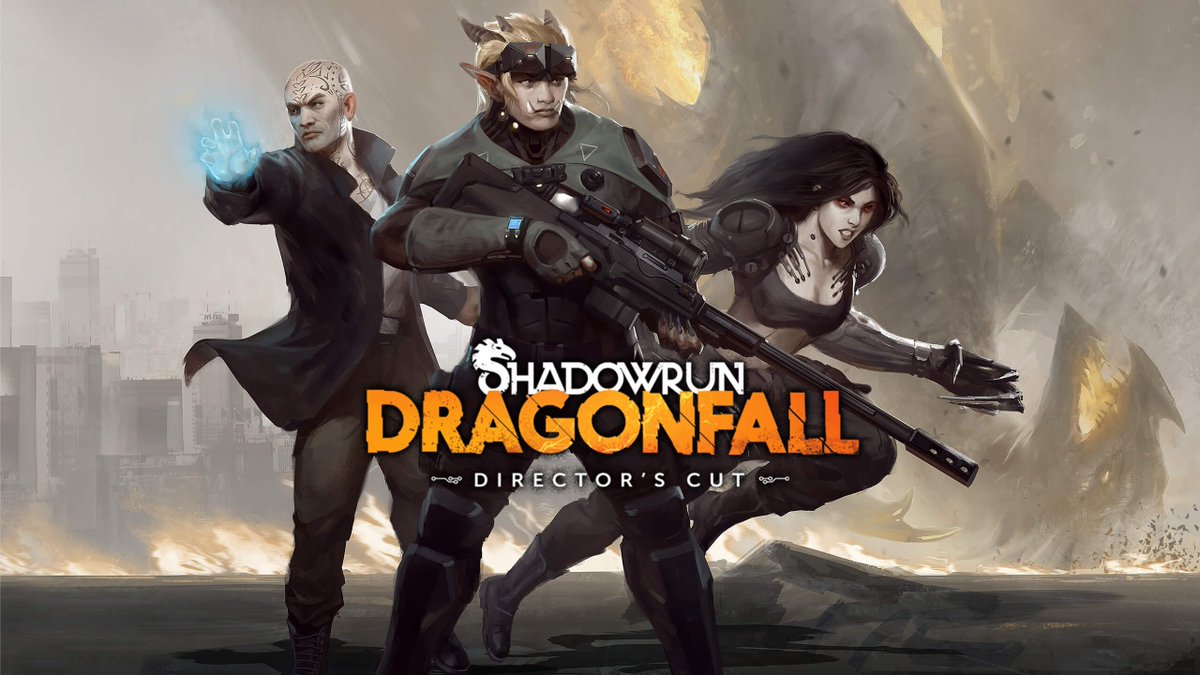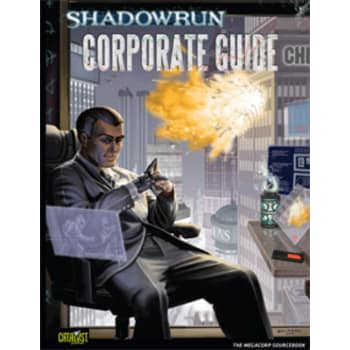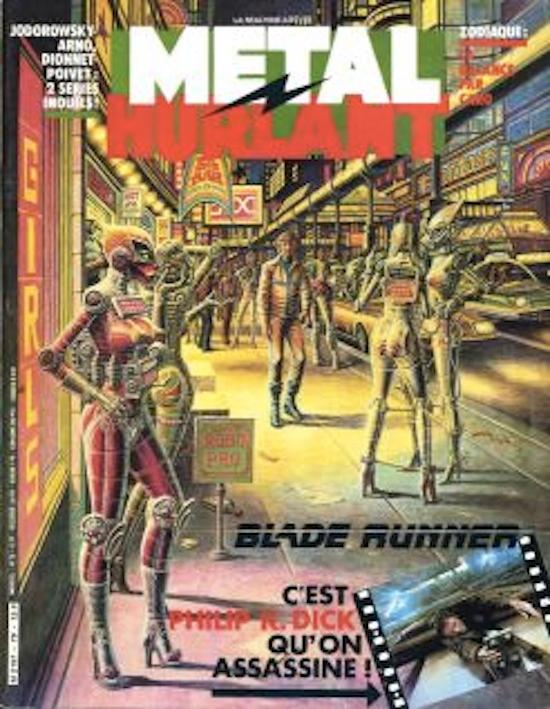
Well today's awful tabletop RPG discourse has turned to my ol' favorite, #DarkSun, so it behooves me to speak a little on this topic.
Someone out there decided to run a Kickstarter for a 5e game that's a knock-off of DARK SUN, but...
(cw later in thread for brutality)
1/
Someone out there decided to run a Kickstarter for a 5e game that's a knock-off of DARK SUN, but...
(cw later in thread for brutality)
1/

... they seem to think that it's a win to just lean right into everything terrible and unironically embrace outdated gaming conceits like bioessentialism and cultural ethical relativism. This is... a bad choice on many levels, so lemme break it down.
2/
2/
For the broad swath of groups out there, RPGs are an entertainment activity. You play them for fun. They're also a social outlet. You play them with your friends.
DARK SUN and its relatives are RPGs like any other, and they fit into this mold. It's a social game.
3/
DARK SUN and its relatives are RPGs like any other, and they fit into this mold. It's a social game.
3/

DARK SUN has a reputation for being a tough, mean, "hardcore" setting. Resources are scarce. Arcane magic damages the environment. Despotic sorcerer-monarchs rule over denuded city-states with corrupt and collapsing infrastructure. The deserts are full of awful monsters.
4/
4/

Sadly, some folks use this as an excuse to be punitive. They say that the game's only fun if they make players suffer. But this is usually just a cover for folks who want to be abusive. "The game says that you should be miserable, so I'm just running it right!"
5/
5/

Thing is, the game shouldn't make you miserable. DARK SUN is a setting with lots of terrible problems because those are heroic calls to action. Your characters show their mettle in how they respond to the crises of the world.
6/
6/

Arbitrarily dying of dehydration in the middle of the desert isn't fun for anyone. Resource scarcity and environmental hazards are flavor enhancers: They increase the sense of peril, and color the backdrop, for the story of the other problems that you encounter.
7/
7/

DARK SUN's entire endgame is premised on transformation—both transformation of the self into an entity of majestic power, and transformation of the world around you to make it safe and vibrant once more.
8/
8/

But some people use this idea of "DARK SUN is hard times!" as a justification to just gather up all of the terrible ways that you can mistreat players and claim that not including these problems would ruin the game.
This is nonsense, of course.
9/
This is nonsense, of course.
9/
Every game should be an exercise in finding what makes the game work for your players. If your players, who are presumably there for a good time, don't want to engage with certain things that are painful or just tiresome, then you don't do those things.
10/
10/
And what you do at your own table has no impact on what someone else does in their game. BUT.. when you are selling a book to thousands of people, what you include, and what you focus on, sets the tone for what you think is important to your game.
11/
11/
If you set your focus up front on things that should carry a content warning... tough stuff like slavery, rape, genocide... and you don't work to explain how to mitigate this content, to repudiate it or to show how to account for players' rejection of it...
12/
12/
... you've just implicitly made a statement about the kind of game that you're selling. You've made it clear that you do not give two shits about some of the players out there, and about how your game's fictional premises cross over into real world ideas of bigotry.
13/
13/
The problem with DARK SUN is not that it's a setting that has slavery. It's that too often RPGs present issues like slavery, racism, sexism, and genocide poorly. And they never stop to ask people who were actually affected by these real-world ideas about how they feel.
14/
14/
Turning someone else's heritage of suffering or personal trauma into an entertaining anecdote for yourself is a pretty callous act. It's also just bad marketing. Why would you do something that's going to drive away potential players?
15/
15/
If you want to revive and revitalize DARK SUN, you have to do it like the heroes in its denuded and dying world. You shoot for a better tomorrow and you grapple with the problems of the past, looking for a new way forward.
16/
16/

You can't get new converts to old ideas by keeping them ossified in outdated concepts. One of the lessons of DARK SUN is that you can't turn back the clock. Rajaat, the great villain of the setting, tried to bring back the past, and he failed.
17/
17/

You move forward by taking those old ideas and re-inventing them in a new way that is relevant and appropriate to more people. You create a new form that brings in a new audience. You take what's familiar and you make it relatable to more people.
18/
18/

This doesn't mean that you just take some current material and slap new labels on it. You look to the core of why the ideas behind the game matter, what's relevant, why its pieces exist, what functions they serve. Then you build a modern architecture with them.
19/
19/

Every gulch-hugger out there who argues in favor of being needlessly cruel or petty to potential new players (or even old fans!) is destroying the possibility of bringing people in to play the game that they claim they're trying to promote.
20/
20/
If you want to make a new iteration of DARK SUN, official or otherwise, you need to give people reasons to love it. Not reasons to avoid it.
~Fin~
~Fin~

P.S. You should listen to the people from communities who are actually affected by this stuff, so for instance, watch this:
• • •
Missing some Tweet in this thread? You can try to
force a refresh














